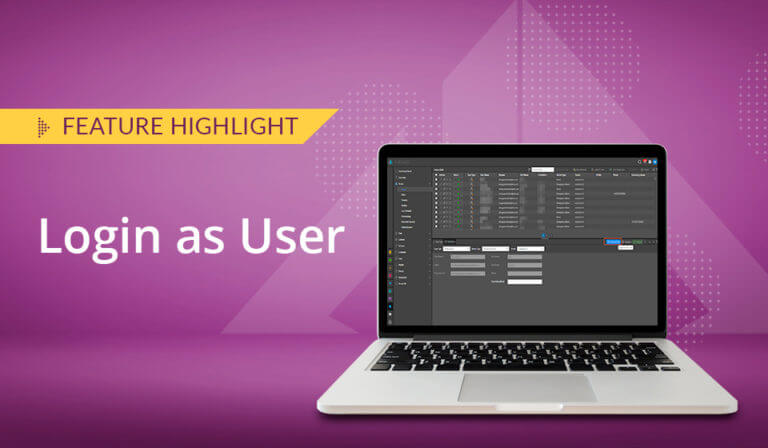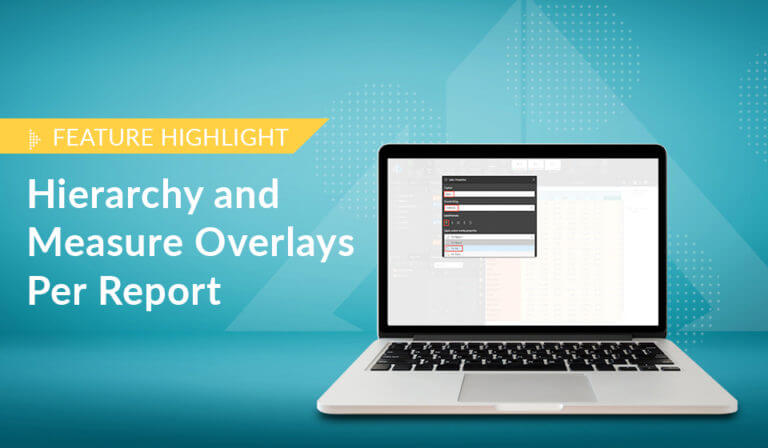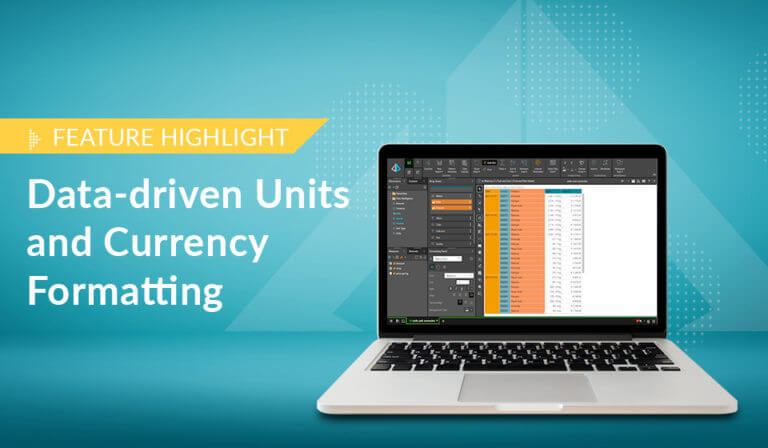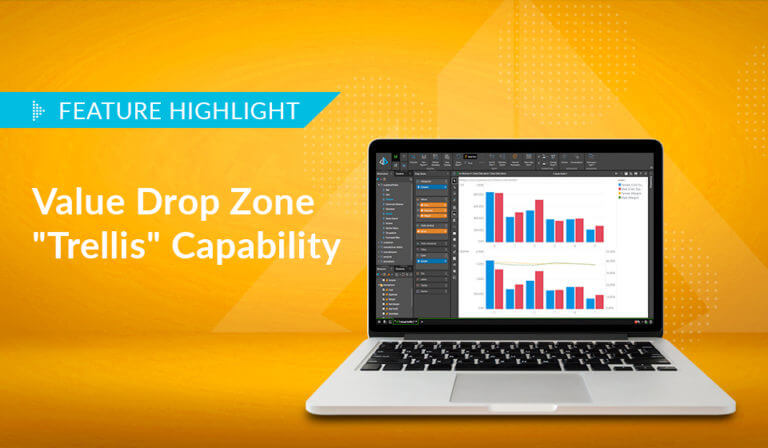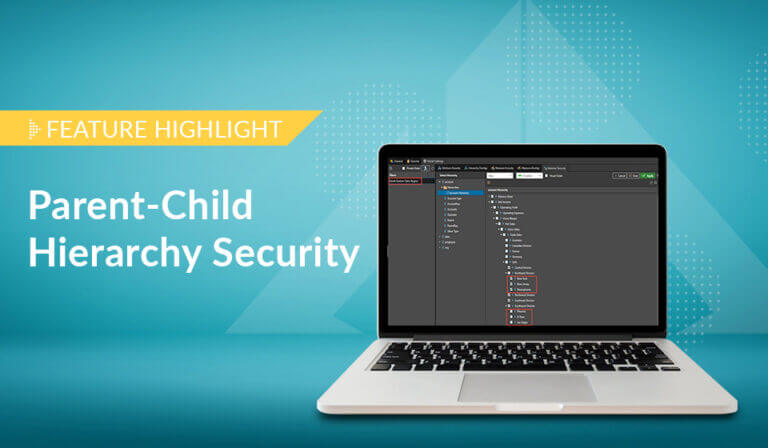The digital transformation of healthcare presents huge, strategic opportunities to your organization. As the number of patients seeking care continues to rise, so does the need to provide a higher level of care while reducing costs and meeting regulatory and compliance requirements. Along with these challenges is the rapidly growing volume of healthcare data.
Different perspectives, one common need
The common goal of health providers and insurers is to reduce costs and deliver high-quality care. And although there’s no one-size-fits-all approach, the response to these challenges lies within data-driven, actionable insights from robust business intelligence (BI) and analytics solution.
Opportunities to thrive
Here are specific ways an effective BI and analytics solution helps address common healthcare challenges:
- Reduce costs
- On average, hospitals lose $70.2 million annually because they don’t fully use the data they collect. BI brings more transparency into financial operations in a competitive healthcare environment.
- Decision-makers can get visibility into operational inefficiencies, disease patterns, and cost-effective treatment alternatives for timely decisions.
- Improve medical outcomes and enhance patient satisfaction
- According to the Patient Protection and Affordable Care Act (PPACA), Medicare charges hospitals if they have a high rate of readmitted patients due to poor-quality care. To prevent this, healthcare organizations use BI and analytics for monitoring and assessment.
- BI and analytics help with making accurate diagnoses, evaluating alternative treatments, mapping disease patterns, identifying high-risk patients, and evaluating physician performance.
- They also enable patient data retrieval and analysis from various sources to improve patient diagnosis, fine-tune treatments, and reduce waiting times.
- Meet regulatory compliance and government mandates
- In the U.S., the Health Insurance Portability and Accountability Act (HIPAA) 5010, the Patient Protection and Accordable Care Act (PPACA), and other mandates are pushing for electronic health records (EHRs), quality of care to satisfy pay-for-performance initiatives, reduced readmissions to hospitals and time patients spend there, and improved claim management.
- BI makes it easier to develop reports that meet regulatory requirements.
- Good data governance helps restrict access to sensitive Protected Health Information (PHI).
- Keep up with the increase in volume and digitalization of healthcare data
- The amount of data associated with healthcare providers in North America is expected to reach close to 14,000 petabytes by 2015 (Source: International Informix Users group; IBM; 2012).
- BI tools help make sense of vast data from disparate, disconnected systems like EHRs, medical devices, radiology images, implants, mobile apps, payroll, scheduling, admissions, and claims.
Use your own data to rewrite the map!
Pyramid Analytics would love to help you tackle the ever-evolving landscape of healthcare. For real-world examples from some of our customers, see:






